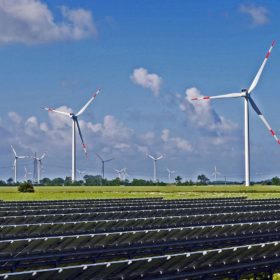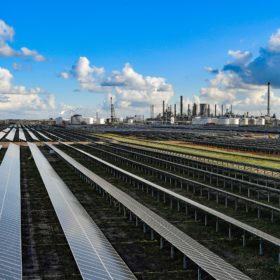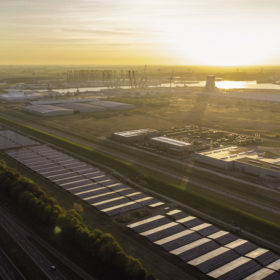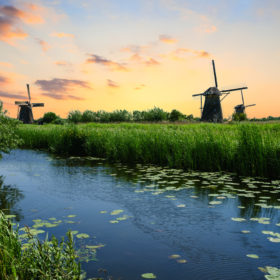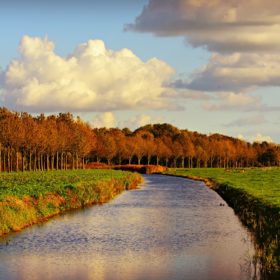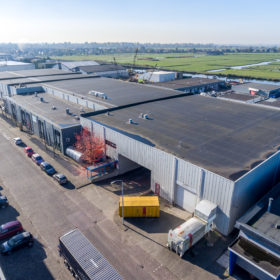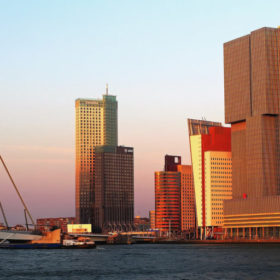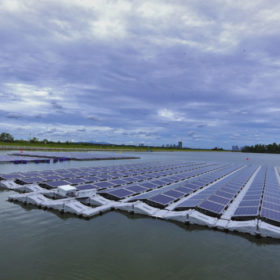Dutch government seeks to privatize Tennet
Tennet needs more than €4.75 billion to invest in cross-border grid infrastructure between Germany and the Netherlands, as rising volumes of solar and wind are complicating network operations, said Dutch Finance Minister Wopke Hoekstra in a recent letter to the Dutch parliament, adding that the government may need to privatize the state-owned transmission system operator or sell off a stake in it.
The bearable lightness of solar
The weight of a thin-film rooftop PV installation at Netherlands football club AZ Alkmaar has been highlighted in media reports as a possible cause of a stadium roof collapse. However, a full investigation is yet to be launched and one German specialist said studies have shown flush-mount PV panels do not increase static wind loads on rooftops.
Netherlands introduces soft restrictions for solar parks on agricultural land
The Dutch parliament has approved a motion made by the governing coalition to restrict construction of large scale solar plants on agricultural land but has watered down its provisions. Under the legislation, solar parks will only be permitted on agricultural land in areas where no smaller alternative projects are viable.
Netherlands to issue green bonds worth up to €6 billion
On May 21, the triple-A rated nation will issue 20-year bonds for sustainable investments undertaken by its government. Eligible projects will include large scale renewable energy plants developed under the SDE+ incentive program.
Another 3 GW on the way for the Netherlands PV market
The slew of new capacity will come from projects allocated from the bids received for the autumn 2018 round of the SDE+ program for large scale renewables. The Dutch Central Agency for Statistics revealed new PV additions last year were 200 MW more than predicted, at 1.5 GW, and the government last week announced net metering conditions for rooftop solar would be maintained until 2023.
Global renewables R&D will further drive down energy transition cost
The Netherlands’ Organisation for Applied Scientific Research says renewables would not only contribute to a cheaper energy system but would also create more opportunities for new business, exports and jobs – as well as a cleaner environment.
Europe’s largest floating PV project under development in the Netherlands
Dutch developer Groenleven is planning a 48 MW floating installation at a depleted sand extraction site near Emmen, in Drenthe province.
Dutch module maker Energyra files for insolvency
The company — which owns a 100 MW solar panel factory in Zaanstad, in the Dutch province of North Holland — is seeking to implement a restart under controlled administration. It cited delays in the delivery of production equipment and a working capital deficit as the main reasons for the insolvency proceedings.
GW-scale green hydrogen destined for Rotterdam port
The Dutch Institute for Sustainable Process Technology has launched the Gigawatt Elektrolysefabriek project, which aims to produce green hydrogen at the gigawatt scale from wind and solar parks in the Netherlands.
The promised land of floating PV now has guidelines for proper deployment
The Netherlands-based Foundation for Applied Water Research has published a Guide for the licensing of floating solar parks on water and developed a tool to measure the effect of PV modules on water quality and quantity and the ecosystem.
